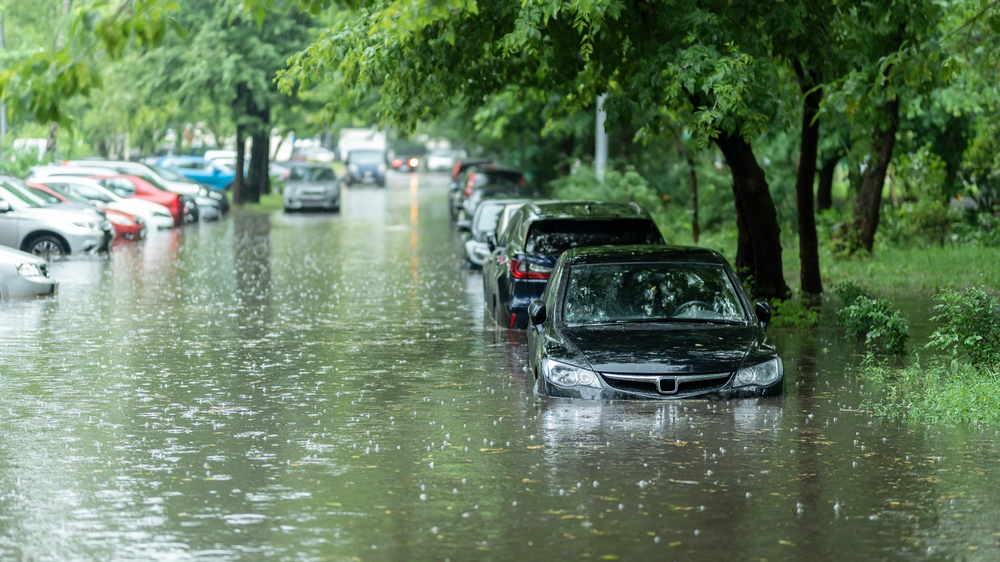Criticism Mounts Over Delayed Alerts and Emergency Response
Others are reading now
Severe floods in southeastern Spain have claimed dozens of lives and raised concerns over authorities’ response and communication during the crisis, reports Digi24.
Torrential rains in Valencia, Albacete, and Cuenca caused rivers to overflow, streets and fields to flood, and bridges to collapse, marking one of Spain’s deadliest natural disasters in recent memory, with nearly 100 reported dead or missing.
As emergency services continue rescue efforts, survivors and local authorities are criticizing the late alerts.
Many residents report receiving official warnings only after flooding had become dangerous, leaving them trapped in buildings or cars.
Also read
Bárbara Jiménez, a restaurant worker in Valencia, noted she didn’t receive an alert until 8:00 p.m. Tuesday, when roads were already flooded and impassable.
Another resident, Antonio Tarazona, shared how his car was swept away with his family inside. He survived but later learned his wife and child had perished.
Despite a red rain alert issued early on Tuesday, local officials conveyed mixed messages, downplaying the danger.
The regional government didn’t escalate the alert until 8:00 p.m., by which time severe flooding had already occurred.
Military emergency units were mobilized later to assist with evacuations, but frustrations over delayed responses persist.
Experts, such as climatologist Jorge Olcina from the University of Alicante, argue that communication was too slow and that Spain’s emergency alert system lacks sufficient coordination.
Olcina also emphasized the need for public disaster education and warned of increasing risks due to climate change.
Rising Mediterranean temperatures, he explained, are contributing to more intense and frequent storms, making disaster preparedness and adaptation crucial for Spain’s coastal regions.


